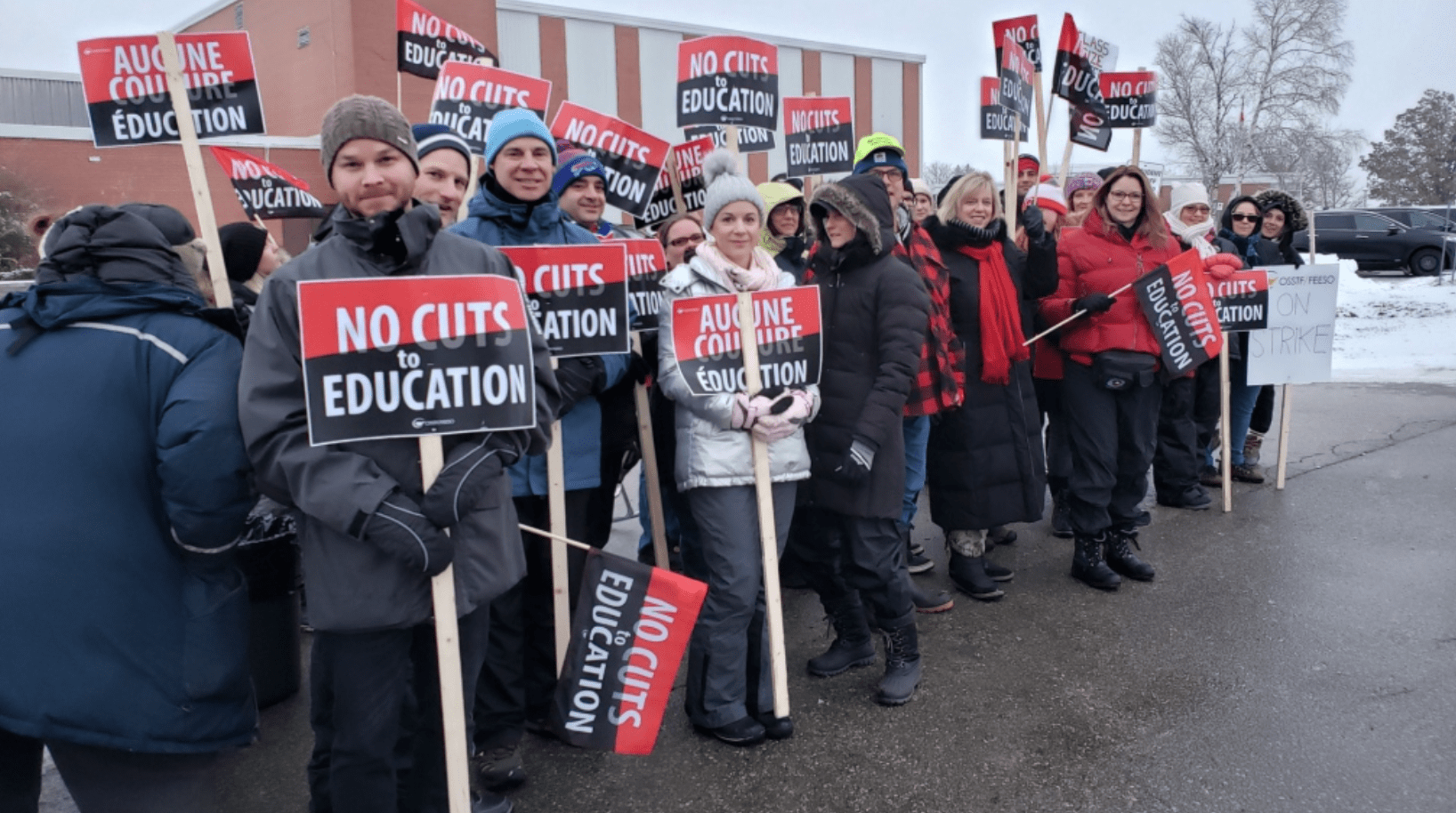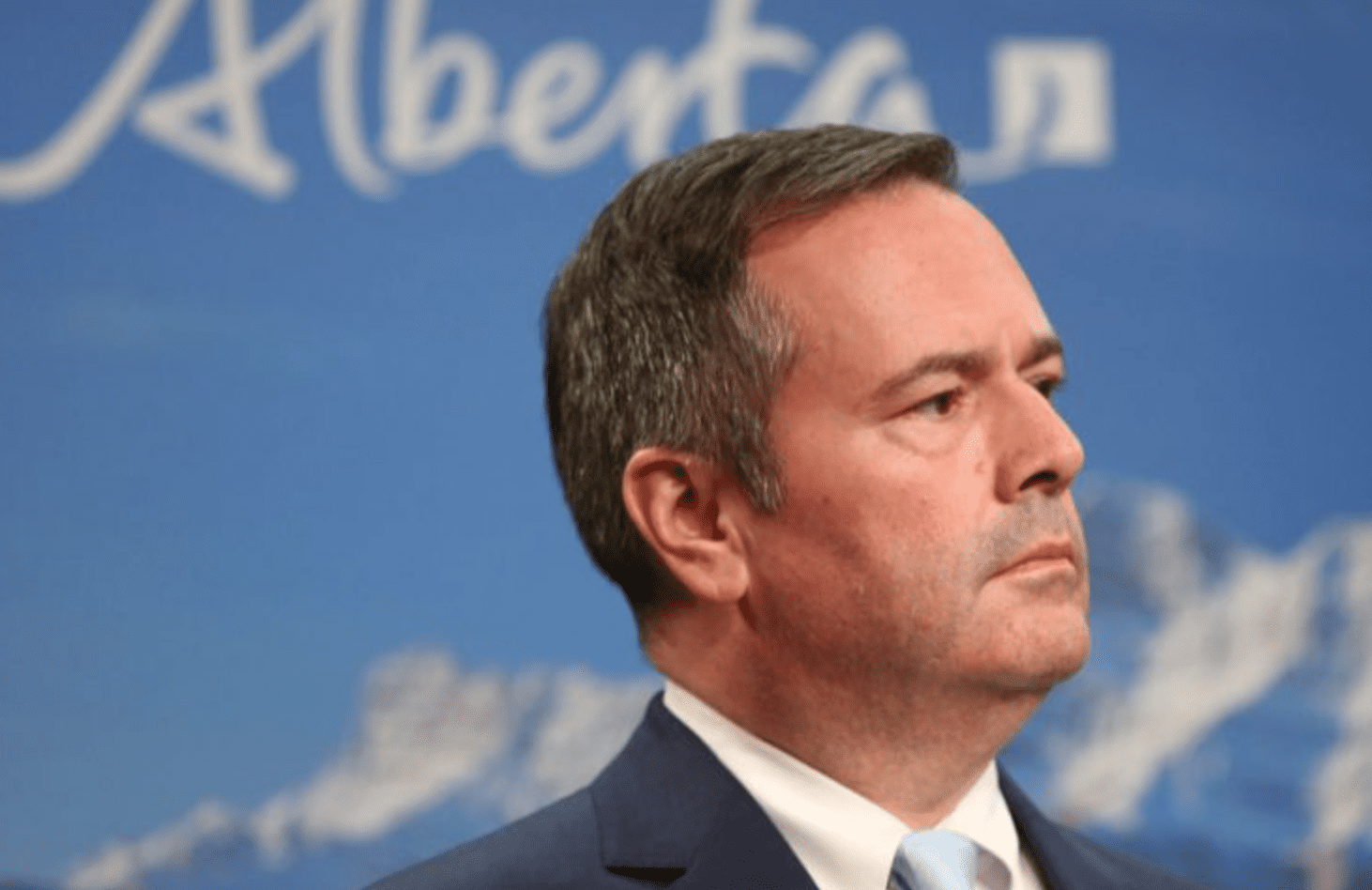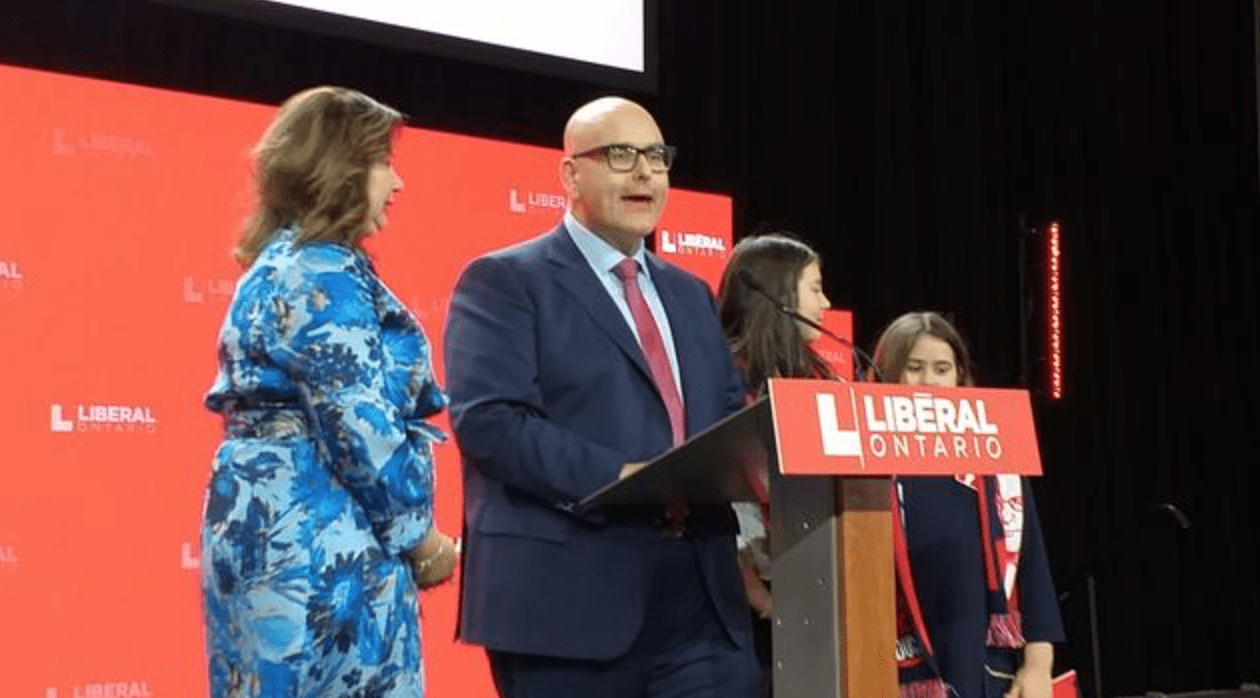Ontario's teachers have played the Ford government like a fiddle.
With rotating strikes, coupled with clear demands around class sizes and mandatory online learning, the teachers' unions kept the pressure on the government without ever going all in and risking back-to-work legislation.
It left Stephen Lecce, the Minister of Education and so-called great Tory communicator, spluttering in increasingly tone-death social media videos and in TV studios that teachers simply wanted compensation increases. Teachers kept the focus on class sizes and mandatory online learning, and the Minister was left looking like he doth protest too much to the contrary.
Plus, logic was on the unions' sides: of course everyone knows teachers would prefer reasonable cost-of-living increases to a mandated less-than-inflation 1% increase, but that was small potatoes compared to damages to the classroom in the form of ballooning class sizes and mandating online learning, both cuts to teacher contingents by stealth.
It must be said, too, that the Minister seemed out of his depth. Education is a complex file, and a Harper-era comms staffer turned Minister was not up to the job. His press conferences and media appearances betrayed his inability to reach a bargained deal at the negotiation table. His rhetoric reached the absurd: if you're arguing that you want to direct spending directly to the classroom, but are also pushing fewer teachers and more online courses, the public can easily recognize a shell game.
Put more bluntly: it's not a classroom without a teacher. Cutting teachers means cutting from the classroom, just like fewer doctors would mean a cut to the ER.
Plus, let's cut through the mendacity: this government is cutting from the classroom, slashing funding for school retrofits and repairs. Per pupil funding is down.
As Martin Regg Cohn wrote in The Star, "Teachers have been the grown-ups in the bargaining room, if only because they resisted the temptation to lower themselves to Ford's level".
Ford and Lecce were the ones engaging in insults and disingenuous rhetoric.
And now, Lecce has been schooled.
Like so much of what Ford has done over the past two years, it's difficult to discern what on earth they were thinking. "If it ain't broke, don't fix it" should be added to every Minister's desks
alongside their gimmicky "For the People" plaques.
From license plates to the autism program, to classrooms to regional government, the Ford government has not followed the advice of that maxim, instead breaking things that were working, with no real plan to fix what they broke.
It's bizarre. It's exhausting. And it's unnecessary.
Ontario has a world-class education system, a legacy of Dalton McGuinty and Kathleen Wynne repairing the damage Mike Harris caused to the system Bill Davis built.
But, as terrible as Harris was as much as we are still living with the consequences of what he did Harris at least had an agenda. Ford seems more like a toddler having a tantrum, breaking things without thought to a long-term plan.
Again, as Regg Cohn astutely wrote, the "Conservative government began all this without an end game, not knowing where they'd end up or how to get there. The premier merely assumed he'd get public support for his provocative campaign of union-bashing and teacher-trashing. Ford was doubly wrong — about his own popularity and public attitudes toward teachers. In fact, the public opposes bigger class sizes and mandatory online learning."
Ford's team were supposed to be past this "shoot first" strategy of breaking things without an end game. Instead, Ford seems more interested in picking fights rather than running a competent government — and his own popularity is a casualty in his "bull in a china shop" approach.
Whatever happened to "first, do no harm"?
What we're left with is déjà vu all over again: year two of Ford's premiership is off to the same start as year one, with chaos and anger, all of his own making.
On Friday night I was at the Ontario Liberal convention, as we celebrated the deliberative, smart, prepared, conscientious leadership of former Premier Kathleen Wynne.
The Joni Mitchell song that played in her tribute video said it all:
"Don't it always seem to go
That you don't know what you've got
'Till it's gone."
Photo Credit: CTV News










